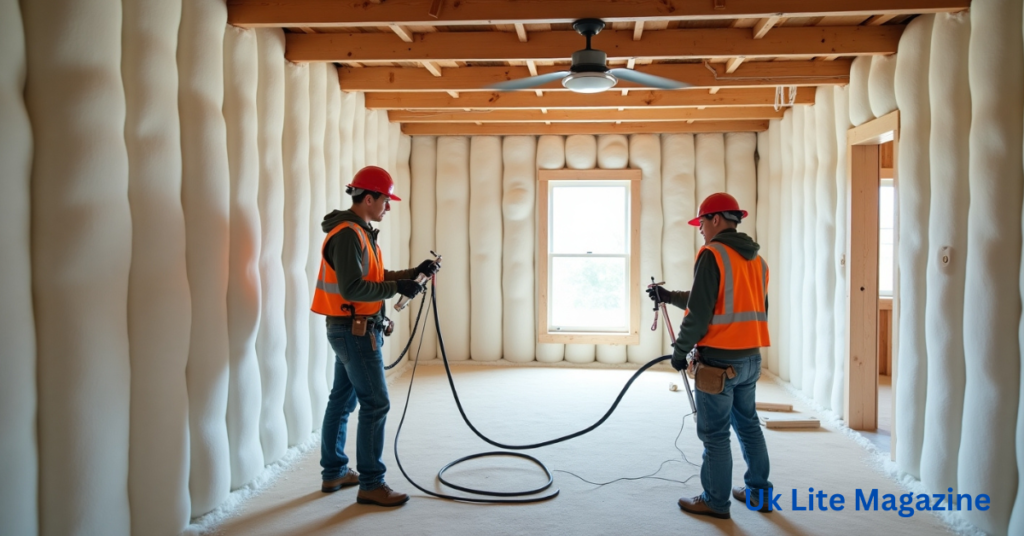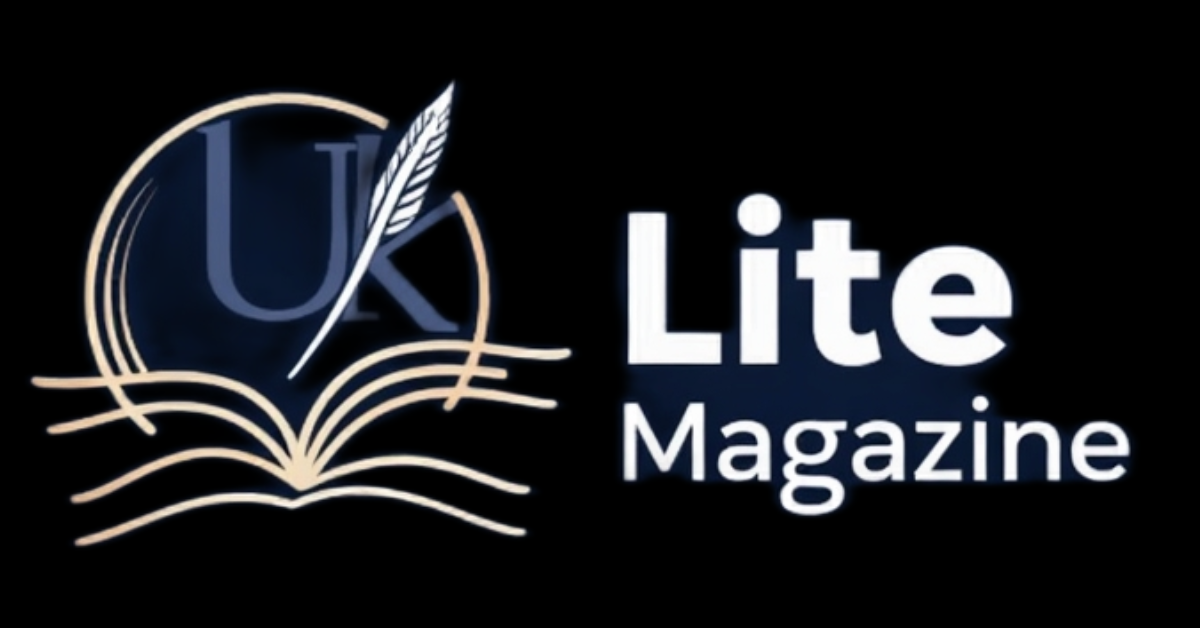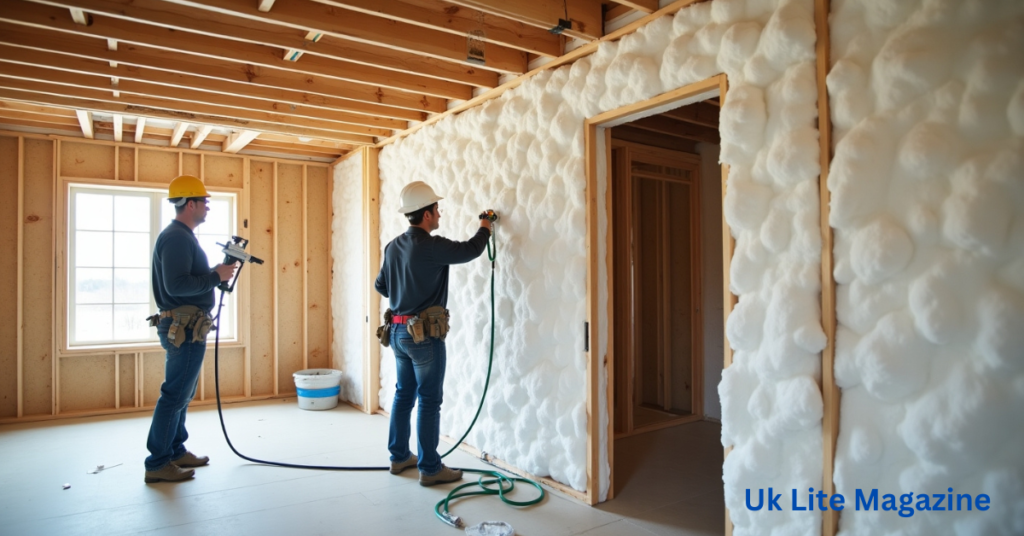Spray foam insulation is a popular choice for homeowners and businesses looking to enhance energy efficiency and reduce heating and cooling costs. However, its price is significantly higher than traditional insulation options like fiberglass or cellulose. This raises the crucial question: Is spray foam insulation cost worth it? This article will break down the costs, benefits, drawbacks, and key factors to help you make an informed decision.
What Is Spray Foam Insulation?
Spray foam insulation is a chemical-based insulation material that expands upon application to create an airtight seal. It comes in two types:
- Open-cell spray foam: Softer, less dense, and offers moderate insulation.
- Closed-cell spray foam: Denser, more rigid, and provides superior insulation and moisture resistance.
Both types improve energy efficiency, reduce air leaks, and enhance indoor comfort. However, the cost varies depending on the type used and the area covered.
Spray Foam Insulation Cost Breakdown
The cost of spray foam insulation depends on multiple factors such as home size, insulation type, labor, and location. Below is a general cost breakdown:
| Factor | Estimated Cost |
|---|---|
| Open-Cell Spray Foam | $0.50 – $1.50 per sq. ft. |
| Closed-Cell Spray Foam | $1.00 – $2.50 per sq. ft. |
| Installation Cost | $1,500 – $5,000 (depends on home size) |
| Energy Savings | 20% – 50% reduction in energy bills |
| Lifespan | 20+ years |
Although the upfront cost is higher than traditional insulation, the long-term savings in energy bills and durability often compensate for the initial investment.
Pros of Spray Foam Insulation
1. Superior Energy Efficiency
Spray foam creates an airtight seal, preventing air leaks that cause heat loss. Homeowners can save up to 50% on heating and cooling costs, making it a cost-effective choice in the long run.
2. Long Lifespan
Unlike fiberglass or cellulose, spray foam insulation lasts 20 years or more, reducing the need for frequent replacements.

3. Moisture & Mold Resistance
Closed-cell spray foam acts as a moisture barrier, preventing mold and mildew growth, which is beneficial for homes in humid climates.
4. Enhanced Structural Strength
Closed-cell foam strengthens walls and roofs, providing additional protection against extreme weather conditions.
5. Soundproofing Benefits
Open-cell spray foam helps reduce noise, making it ideal for homes in noisy environments.
Cons of Spray Foam Insulation
1. High Initial Cost
Spray foam insulation is significantly more expensive than fiberglass or cellulose, making it a costly upfront investment.
2. Professional Installation Required
Unlike fiberglass batts that homeowners can install themselves, spray foam requires skilled professionals, adding to the cost.
3. Potential Health Concerns During Installation
The chemicals used in spray foam release fumes during application. Homeowners must vacate the premises for 24-48 hours to avoid health risks.
4. Not Always Suitable for Older Homes
Installing spray foam in older homes with existing insulation can be challenging and may require additional prep work.
Is Spray Foam Insulation Cost Worth It?
The worth of spray foam insulation depends on various factors, including climate, energy consumption, and budget. While the initial cost is higher, the long-term energy savings, durability, and improved home comfort make it a valuable investment for many homeowners. If you plan to stay in your home for a long time and want reduced energy bills, spray foam insulation is worth the cost.
Conclusion
Spray foam insulation offers numerous benefits, including superior energy savings, moisture resistance, and durability. While the initial cost is high, the long-term advantages often outweigh the expenses, making it a worthwhile investment for homeowners looking to enhance energy efficiency and comfort. If budget permits, choosing spray foam insulation can be a smart decision for long-term savings and home improvement.
Frequently Asked Questions (FAQs)
1. How much does spray foam insulation cost for a 2,000 sq. ft. house?
The cost can range between $3,000 – $7,500, depending on the type of spray foam used and installation complexity.
2. Is spray foam insulation better than fiberglass?
Yes, spray foam provides superior insulation, better energy efficiency, and longer durability compared to fiberglass.
3. Does spray foam insulation reduce energy bills?
Yes, homeowners typically see a 20% to 50% reduction in energy costs after installing spray foam insulation.
4. Can I install spray foam insulation myself?
DIY kits are available, but professional installation is recommended to ensure proper application and safety.
5. How long does spray foam insulation last?
Spray foam insulation can last 20 years or more, making it a long-term investment.

